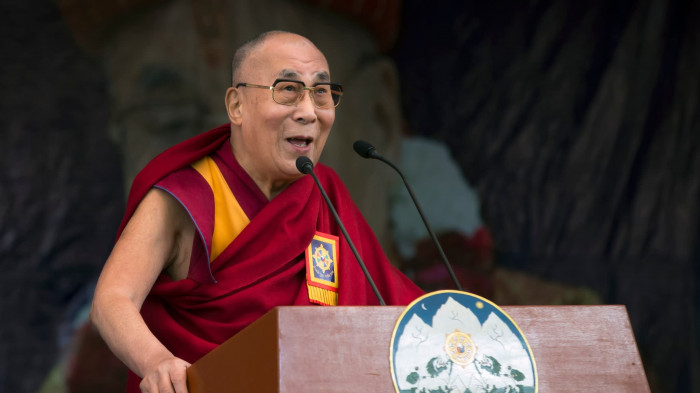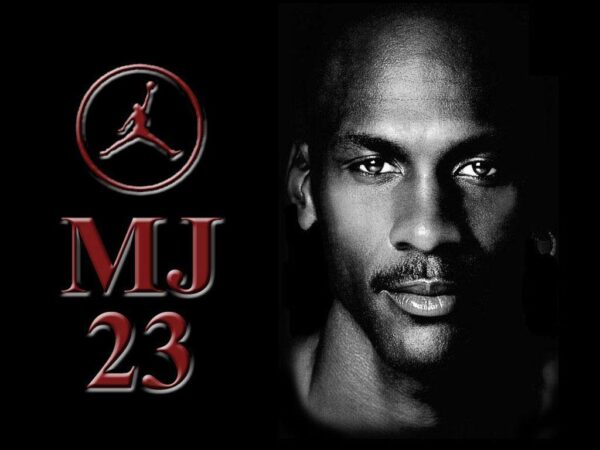Tenzin Gyatso, the 14th Dalai Lama, is the spiritual leader of Tibet. The Dalai Lama was born on 6 July 1935, at Takster, Amdo, north eastern Tibet. He was born Lhamo Dhondup before he was identified as the reincarnation of the prior Dalai Lama at the age of two.
Who are Dalai
The prior Dalai Lama was Thubten Gyatso. The Dalai Lamas are believed to represent the manifestations of Avalokiteshvara, or Chenrezig, Bodhisattva of Compassion and the patron saint of Tibet. Bodhisattvas are real beings whose inspiration is the desire to attain Buddhahood to benefit all sentient beings. They have pledged to be reborn on earth to aid humanity.
Early Education.
The Dalai Lama was a Buddhist monk. The Dalai Lama began his education at six within the monastic system. The monastic curriculum, derived from the Nalanda tradition, comprised five main and five minor subjects. The most important subjects included logic, fine arts, Sanskrit grammar, and medicine. However, the most important was placed on Buddhist philosophy, which was divided into five categories. Prajnaparamita is the ultimate wisdom, Madhyamika Philosophy of the Middle Way; Vinaya, the canon of monastic discipline; Abhidharma, metaphysics; and Pramana, epistemology and logic. The five minor subjects were poetry and drama, astrology composition, and synonyms.
He was granted his Geshe Lharampa diploma at the age of 23. The highest degree in Buddhist philosophy.
Leadership struggles.
Following China’s attack on Tibet in 1950 In the year 1950, the Dalai Lama was called upon to take on the most powerful position. He met with Mao Zedong and other Chinese leaders in Beijing in 1954. However, in 1959 the Dalai Lama was compelled to flee into exile when Chinese soldiers began brutally repressing them in response to the revolt. He’s been in northeastern India since then.
Global Recognition
The Dalai Lama was awarded the Nobel Peace Prize for his non-violent approach to the liberation of Tibet. He has consistently advocated for policies that are non-violent, even in periods of intense violence. He was also the only Nobel Laureate recognized by the world for his concern about environmental issues.
On 29 May 2011, His Holiness signed the document formally transferring his temporal authority to the democratically elected leader. In so doing, he formally ended the 368-year-old tradition of the Dalai Lamas functioning as both Tibet’s spiritual and temporal head.
The Future
As far back as 1969, His Holiness made clear whether or not a reincarnation of the Dalai Lama should be recognized as a decision for the Tibetan people, the Mongolians and people of the Himalayan regions to make. However, in the absence of clear guidelines, there was a clear risk that, should the concerned public express a solid wish to recognize a future Dalai Lama, vested interests could exploit the situation for political ends. Therefore, on 24 September 2011, clear guidelines for recognizing the next Dalai Lama were published, leaving no room for doubt or deception.
His Holiness has declared that when he is about ninety years old, he will consult leading Lamas of Tibet’s Buddhist traditions, the Tibetan public, and other concerned people interested in Tibetan Buddhism and assess whether the institution of the Dalai Lama should continue after him. His statement also explored the different ways in which the recognition of a successor could be done. If it is decided that a Fifteenth Dalai Lama should be recognized, responsibility will rest primarily on the concerned officers of the Dalai Lama’s Gaden Phodrang Trust. They should consult the various heads of the Tibetan Buddhist traditions and the reliable oath-bound Dharma Protectors who are linked inseparably to the lineage of the Dalai Lamas. They should seek advice and direction from these concerned parties and carry out the procedures of search and recognition by their instruction. His Holiness has stated that he will leave clear written instructions about this. He further warned that apart from a reincarnation recognized through such legitimate methods, no recognition or acceptance should be given to a candidate chosen for political ends by anyone, including agents of the People’s Republic of China.













